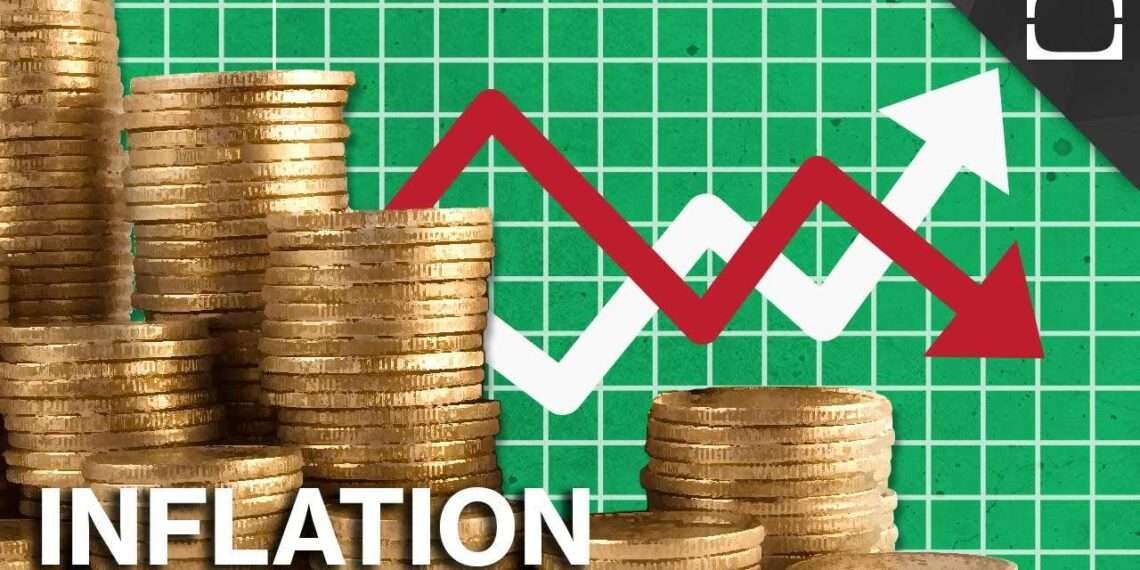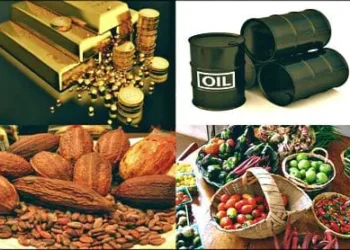Data from the Ghana Statistical Service has disclosed that the Producer Price Index (PPI), which measures the average change over time in the selling prices received by domestic producers for the production of their goods and services, decreased to 50.8 % in February 2023, from a record of 52.6 percent in January 2023.
This represents a 1.7 percentage point decrease in PPI relative to the 52.6 per cent recorded in January. Addressing a news conference in Accra, the Government Statistician, Professor Samuel K. Annim, said marginal drop in the February PPI rate, which was provisional, was influenced by the drop in PPI for industry, which carries 85.0 per cent weigh of the PPI index.
“The industry recorded PPI rate of 57.9 per cent in February from 58.8 per cent in January. The producer price inflation in industry less construction sector decreased to 57.9 per cent in February from 58.8 per cent in January 2023.”
Professor Samuel K. Annim
Meanwhile, Mining and quarrying (61.2 per cent), electricity and gas 57.4 per cent and manufacturing (55.7 per cent) recorded rates above the national average of 50.8 per cent.
Prof. Annim noted that the rate in the construction sector increased to 21.1 per cent in February 2023 from 20.4 per cent in January 2023. He said the PPI inflation in the construction of buildings sub-sector increased by 3.8 percentage points over the January rate of 45.9 per cent to 49.7 per cent in February 2023.
“The rate for the civil engineering sub-sector decreased by 0.3 percentage points to 11.1 per cent in February 2023. The specialised construction activities sub-sector recorded a 6.0 per cent inflation rate for February 2023, compared with 5.5 per cent in January.”
Professor Samuel K. Annim
Under the Services Sector
The government statistician indicated that under the services sector, the rate increased from 10.6 per cent in January 2023 to13.4 per cent in February 2023.
The Government Statistician further explained that information and communication activity recorded the lowest rate of 4.5 per cent in February in 2023.
Prof. Annim, moreover, averred water supply, sewerage, waste management (32.5 per cent) and construction (21.1 per cent) recorded PPI rate below the national average of 50.8 per cent. He said transportation and storage (67.6 per cent), accommodation and food service activities (66.5 per cent) drove the PPI rate for the services sector.
The PPI is a measure of inflation at the wholesale level that is compiled from many of indexes measuring producer prices by industry and product category. The index is published monthly by the Ghana Statistical Service (GSS). The PPI is different from the consumer price index (CPI), which measures the changes in the price of goods and services paid by consumers.
Following a similar trajectory, the CPI also recorded a decline in February, 2023. Ghana’s inflation rate fell to 52.8 percent in February, down from 53.6 percent in January. The second consecutive time that the figure has dropped in 20 months.
It is yet to be seen if February’s drop is just camouflaged or it is sustainable ahead of the coming months.
The Ghana Statistical Service reports producer price index with an index reference period of March 2020 – February 2021 = 100. The new data released by the GSS captured the annual (year-on-year) and monthly producer inflation rates for all sectors: Mining and Quarrying, Manufacturing, Electricity and Gas, Water Supply, Sewerage, and Waste Management, Construction, Transport and Storage, Food & Accommodation, and Information & Communication.























